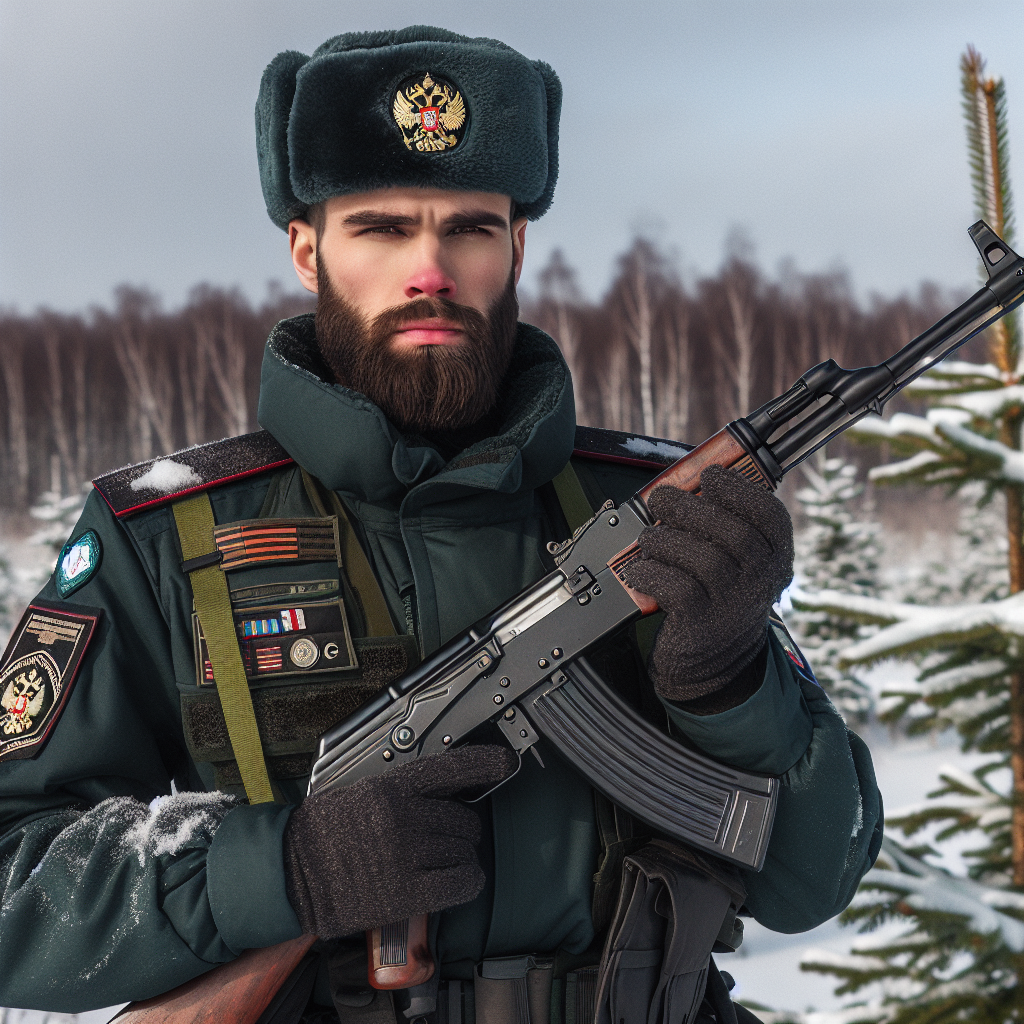North Korea-Russia Defense Pact Marks New Cold War Escalation
North Korea ratified a major defense treaty with Russia, signaling a strong military alliance. Reports suggest North Korea has sent troops to Russia to support its war efforts against Ukraine. The treaty allows for mutual military aid, potentially escalating the conflict and technology exchange between the nations.

- Country:
- South Korea
North Korea has officially ratified a major defense treaty with Russia, which mandates mutual military aid between the two nations, as reported by the country's state media on Tuesday. This development comes amid allegations from the U.S., South Korea, and Ukraine that North Korea has dispatched thousands of troops to aid Russia in its ongoing conflict with Ukraine.
The ratification was completed last week when the treaty, initially signed by Russian President Vladimir Putin and North Korean leader Kim Jong Un in June, was approved by Russia. This is seen as the most significant defense agreement between the two countries since the Cold War ended. The Comprehensive Strategic Partnership will be activated upon the exchange of ratification documents, as stated by the Korean Central News Agency (KCNA).
The decree, signed by the country's president of state affairs, Kim, on Monday, formalized North Korea's commitment to the treaty. Though the Supreme People's Assembly has the power to ratify treaties, Kim is permitted to unilaterally approve major agreements. This treaty obliges both nations to use all measures necessary for immediate military aid if attacked, leading to speculation about North Korea's potential formal entry into the Russia-Ukraine war. Intelligence reports suggest about 12,000 North Korean troops might have already reached Russia as part of the treaty. This move threatens to escalate the three-year war, especially amid fears of a Russian transfer of sensitive technology to North Korea's advancing nuclear and missile programs.
(With inputs from agencies.)










